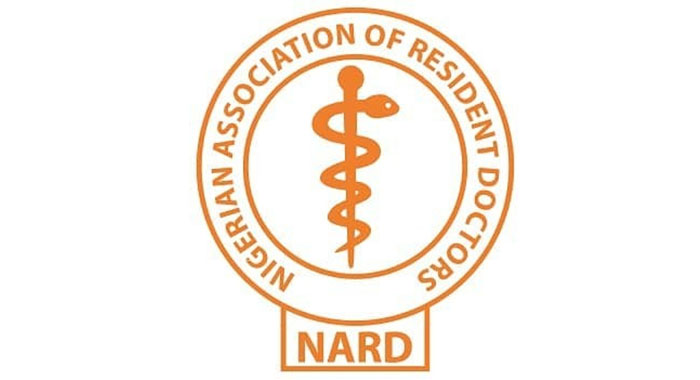The healthcare system in Lagos State, Nigeria, experienced significant disruptions as resident doctors across multiple federal government hospitals initiated a five-day warning strike. This action, spearheaded by the National Association of Resident Doctors (NARD), followed a series of unheeded ultimatums issued to the Federal Government regarding long-standing grievances concerning doctors’ welfare and working conditions. The strike impacted major healthcare institutions, including the Federal Neuro-Psychiatric Hospital, Yaba, Lagos University Teaching Hospital (LUTH), and the National Orthopaedic Hospital, Igbobi, leaving patients with limited access to medical services. This industrial action mirrors similar protests occurring in Abuja and Oyo State, further highlighting the widespread dissatisfaction among medical professionals in Nigeria.
The core demands of the striking doctors revolve around critical financial and welfare issues. Central to their grievances is the delayed release of the 2025 Medical Residency Training Fund, a crucial resource for the professional development of resident doctors. Furthermore, the doctors are demanding the payment of five months’ arrears accrued from the revised Consolidated Medical Salary Structure, a revised compensation framework intended to improve their remuneration. Adding to their concerns are outstanding specialist and hazard allowances, payments designed to recognize the specialized skills and inherent risks associated with their profession. These unmet financial obligations have contributed to a growing sense of frustration and disillusionment among doctors, who argue that their welfare is being neglected despite their crucial role in the healthcare system.
The strike leaders emphasized the direct link between doctors’ welfare and the quality of healthcare delivered to patients. Dr. Benjamin Uyi, President of the Association of Resident Doctors at LUTH, argued that a doctor whose well-being is compromised poses a risk to patients. He stressed the importance of addressing the physical, mental, and psychosocial needs of doctors to ensure they can function optimally. Dr. Uyi highlighted the existing challenges faced by doctors, including burnout, excessive workload, and poor schedules, further exacerbated by the government’s perceived inaction in addressing their concerns. This sentiment was echoed by Dr. Babatunde Egberongbe, President of the Association of Resident Doctors at NOHIL, who lamented the government’s recurring pattern of allowing industrial action to disrupt the health sector.
The strike underscores a broader issue of healthcare worker migration, a significant challenge facing Nigeria’s healthcare system. Dr. Egberongbe pointed out that the poor working conditions are a primary driver of doctors seeking opportunities abroad. This exodus of skilled medical professionals further exacerbates the existing shortage of doctors in hospitals nationwide, placing an even greater strain on the remaining workforce. The doctors’ demands are not unreasonable, they argue, but rather essential for maintaining a functional and effective healthcare system. The urgent need for the government to address these concerns is emphasized, as the continued neglect of doctors’ welfare could lead to further deterioration of healthcare services in the country.
The five-day warning strike serves as a clear signal of the growing discontent within the medical profession in Nigeria. The unresolved financial issues, coupled with the demanding work conditions and the perceived lack of government support, have created a climate of uncertainty and frustration. The doctors’ call for improved welfare is not solely about personal gain but is intrinsically linked to the quality of healthcare provided to the Nigerian population. The continued neglect of these concerns risks further exacerbating the brain drain phenomenon and jeopardizing the overall health and well-being of the nation. The government’s response to this warning strike will be crucial in determining the future trajectory of healthcare in Nigeria.
The hope remains that the government will engage in meaningful dialogue with the striking doctors and address their legitimate grievances. A timely resolution to this impasse is critical not only for restoring normalcy to healthcare services but also for rebuilding trust and demonstrating a commitment to the well-being of healthcare professionals. The long-term implications of inaction are significant, potentially leading to further industrial action and a continued exodus of skilled medical professionals. The government’s willingness to prioritize the welfare of its doctors will be a crucial indicator of its commitment to a robust and sustainable healthcare system for all Nigerians.














